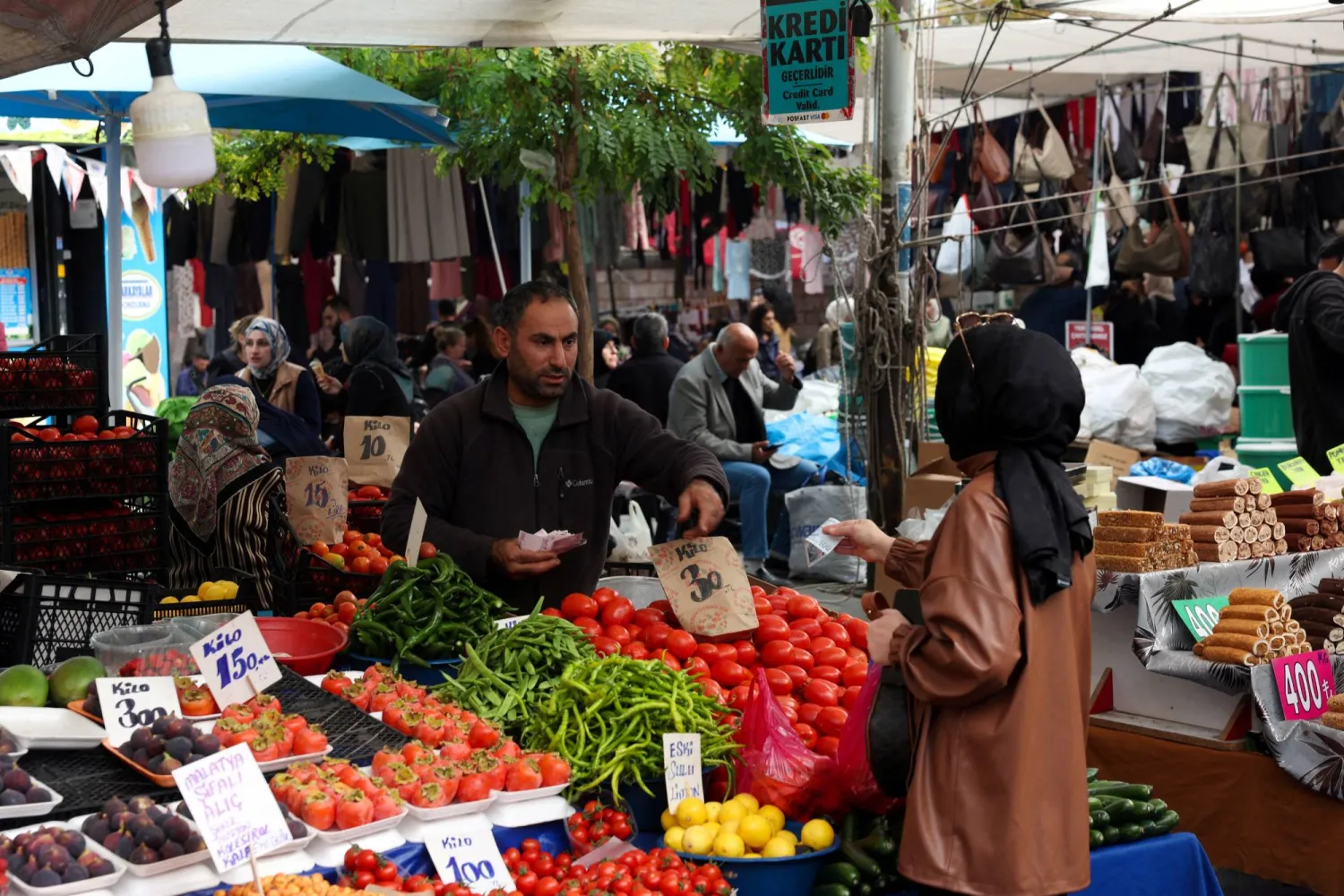Jordan’s Minister of Energy and Mineral Resources Hala Zawati inaugurated Friday a new wind power plant in Tafileh governorate, southwest of Amman, at a total cost of $102 million.
During the inauguration ceremony, Zawati said the Ministry has been developing an energy strategy to keep pace with growth in power demand in conjunction with efforts to diversify energy sources and reduce costs.
Jordan focuses on providing energy sources from local and eco-friendly resources to ensure energy security and independence, stressed Zawati.
She added that the Kingdom aims at increasing the contribution of renewable energy to the total energy mix to 10 percent by 2020, about 20 percent of the consumed electricity in the country.
The Minister pointed out that Jordan is currently working on implementing the objectives of the energy strategy approved in 2007 to use the sun and wind energy to generate 1,600 MW by 2019 and 2,400 MW by 2020.
These projects will be implemented and account for about 20 percent of electricity generation by 2020.
“There are currently about 800 MW of wind and solar projects operating in the Kingdom, and the progress in the renewable energy sector has made Jordan a leading country in the region," Zawati explained.
She praised the performance of Korean companies in Jordan and their role in contributing to increase Jordan's capacity in the field of energy and ensuring security of electricity supply, which constitutes an important economic pillar.
South Korea's Ambassador to Jordan Lee Boom-Yun, for his part, underscored the importance of cooperation with Jordan and hailed the role of his country's companies in promoting alternative resources of energy.
Officials from, two Korean sponsors, KOSPO and Daelim, presented details of the project.
"The successful financial closure of the project took place in September at a total cost of about $102 million," they said.
They expected to connect the project to the electricity network of the National Electric Power Company (NEPCO) during 2020, which will produce about 145 GWh per year.
Zawati, on Wednesday, also laid the foundation stone for solar photovoltaic (PV) power plant, dubbed "AM Solar," which cost $50 million, at Madounah area, east of Amman.









